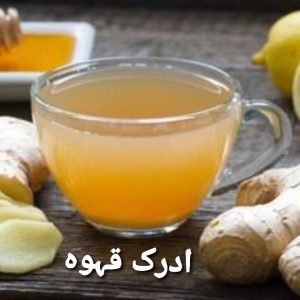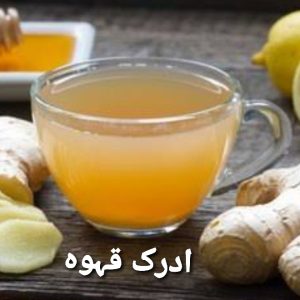Fagonia Arabica (Dhamai/Dhamasa Botti) دھمائی/دھماسہ
Price range: ₨ 150 through ₨ 1,250
Fagonia Arabica, also known as Dhamai, is a powerful herb with anti-inflammatory, antioxidant, and antimicrobial properties. It supports kidney health, digestion, and helps regulate blood sugar levels.
Description
Fagonia Arabica (Dhamai/Dhamasa Botti)
Dhamasa, a small flowering shrub known as Fagonia arabica, is native to arid regions of Asia, including Pakistan.
It belongs to the family Zygophyllaceae.
Fagonia arabica is a low-growing, woody shrub with small, green leaves.
It produces small, pink or purple flowers with five petals.
This plant thrives in dry, rocky soils and is well-adapted to arid climates.
Benefits
Anti-inflammatory Properties:
Scientists believe that Fagonia arabica possesses anti-inflammatory properties that may help reduce inflammation in the body.
Antioxidant Activity:
These antioxidants help neutralize free radicals, reduce oxidative stress, and protect cells from damage caused by reactive oxygen species.
Antimicrobial Effects:
It may help inhibit the growth of harmful microorganisms and prevent infections.
Diuretic Action:
Fagonia arabica is known for its diuretic properties, meaning it may increase urine production and help flush out toxins from the body.
This diuretic effect is often used to support kidney health and treat urinary tract infections.
Liver Support:
In traditional medicine, Fagonia arabica is used to support liver health and promote detoxification.
It may help protect the liver from damage caused by toxins and oxidative stress.
Digestive Health:
Fagonia arabica is believed to aid digestion and improve gastrointestinal function.
It may help relieve symptoms of indigestion, bloating, gas, and constipation.
Antidiabetic Effects:
Some studies suggest that Fagonia arabica may have hypoglycemic effects, meaning it may help lower blood sugar levels.
It may be beneficial for individuals with diabetes or those at risk of developing the condition.
Weight Management:
Fagonia arabica extract has been investigated for its potential role in weight management and obesity.
Some studies suggest that it may help reduce body weight, waist circumference, and improve metabolic parameters.
Wound Healing:
Fagonia arabica is traditionally used to promote wound healing.
It may help reduce inflammation, prevent infection, and facilitate the healing process.
Respiratory Health:
It may help soothe the respiratory tract and reduce inflammation.
Additional information
| Weight | 50g, 100g, 250g, 500g, 1000g |
|---|---|
| Form | Whole, Grounded, Powder |




























